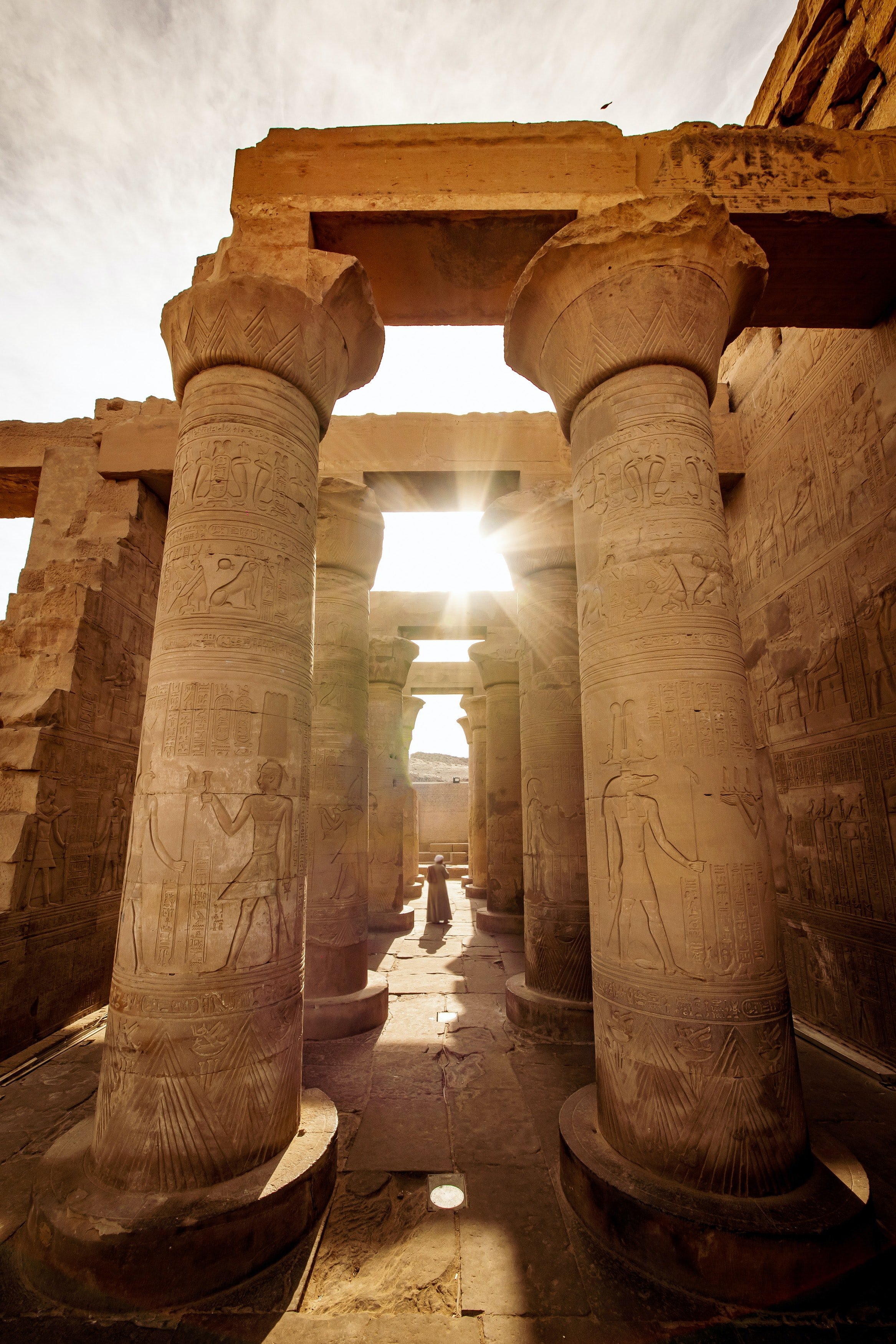Arianism
A Dictionary of Heresy
Introducing the first in a series exploring various heresies that have plagued Christianity throughout the centuries. Many of the tenants of the Faith which we now take for granted began as antidotes to these heresies. For example, the Nicene Creed was the result of the Church describing as best it could what it understood about God as Father, Son, and Holy Ghost. Now the Creed doesn’t define God explicitly, it basically says in essence, this is what we know, as limited as it is, about God and anything that strays outside the lines from this, is in error.
ARIANISM
Arius, presbyter[1] of Baucalis in Alexandria, Egypt, was a real jerk. He was so annoying, in fact, that Saint Nicholas whomped him upside the head during the First Council of Nicaea in the year AD 325. Imagine that! Inducing jolly old St. Nick to slap you upside the head?
The reason Nicholas was so incensed was that Arius was spouting the heresy of Arianism. At least one thing that can be said about Arius: if you’re going to spout heresy, it might as well be your own rather than somebody else’s.
Now what was this heresy that Arius was spouting? Like most heresies it revolved on the nature of God. Who God is and what He is always seem to be the heart of heresy. Is God loving? Then everyone must ultimately wind up in heaven because a loving God wouldn’t condemn someone to hell (that’s the heresy of Universalism). Arius wasn’t a universalist, far from it. No, his heresy involved the question of who exactly Jesus is. In other words–what is the relationship between God the Father, and the Son?
We take it for granted that God is Trinitarian. Afterall, we affirm it every Sunday when we recite the Nicene Creed (and twice a day in the Apostle’s Creed during Morning and Evening Prayer… you are praying the Daily Office, right?) But it took the Church awhile to work out the Trinity, and not without a lot of wrangling, arguing, and Bishops slapping the heck out of people (and we’re not talking about at Confirmation[2]).
Anyway, here’s what Arius said, “If the Father begat the Son, he that was begotten had a beginning of existence: and from this it is evident, that there was a time when the Son was not. It therefore necessarily follows, that he [the Son] had his substance from nothing.”[3]
For Arius, the Son was the first begotten thing of creation, and all things were created by Him. But the problem arises that whatever the Son is in the heresy of Arianism, the one thing He is decidedly not is divine. He is not God. Regardless of the honor and esteem He is held in by God the Father, He just isn’t God. And that’s a problem. We can have no other in our thoughts and worship before God. If Jesus is a created being, if He isn’t “God of God,” then He’s just a thing. A better thing than any other thing, but still just a thing.
Arianism, like most heresies, balks at mystery. It cannot comprehend how divinity and humanity can be united in Jesus. It cannot comprehend how God can be three persons in one Godhead. It cannot fathom how Jesus can be both fully God and fully man, and what it cannot ultimately comprehend, it must eliminate. Arianism cannot abide the mystery of the Trinity.
In short, Arianism denies the divinity of Jesus Christ.
The conflict between the Arians and the Trinitarians raged for years and Arius had powerful people in his corner, chiefly the Emperor Constantine. At the first Council of Nicaea– where Saint Nicholas got so fed up with Arius that he hauled off and smacked the guy–the Trinitarians seemingly emerged victorious, but Arius was far from dissuaded. While muting some of his teachings, he and his adherents continued to foment division in the church.
That is until the Emperor Constantine ordered Alexander, Bishop of Constantinople, to receive Arius and restore him to communion. Alexander prayed that Arius would die before that would happen.
Arius paraded through the city on Saturday, surrounded by loyal followers. As he walked up the steps of Constantine’s Forum, he doubled over in pain, and his bowels relaxed[4]. He asked if there was a little boy’s room nearby, and being so directed, he made with all haste for the potty.
And there, in an outhouse, he evacuated, not just the contents of his bowels, but his bowels, intestines, liver, spleen, and blood. That’s where Arius met his end.[5]
Despite his ignominious end[6], the Church would continue to battle Arianism for years. Even today, it still crops up in different guises (*cough* *cough* Mormonism, Islam *cough*), but those are conversations for different blog posts.
[1] That’s what they called priests back then
[2] The “slap” at Confirmation first appears in Pontifical of William Durandus in the 13th century and is related to the “colée,” or blow to the cheek when someone was knighted, or being “dubbed,” or tapped on the shoulders with a sword when knighted by the King or Queen.
[3] Socrates et al. (1957) The ecclesiastical history of Socrates Scholasticus. Grand Rapids, MI: Wm. B. Eerdmans.
[4] i.e. He pooped himself…
[5] …to death!
[6] See notes 4 & 5 above.

